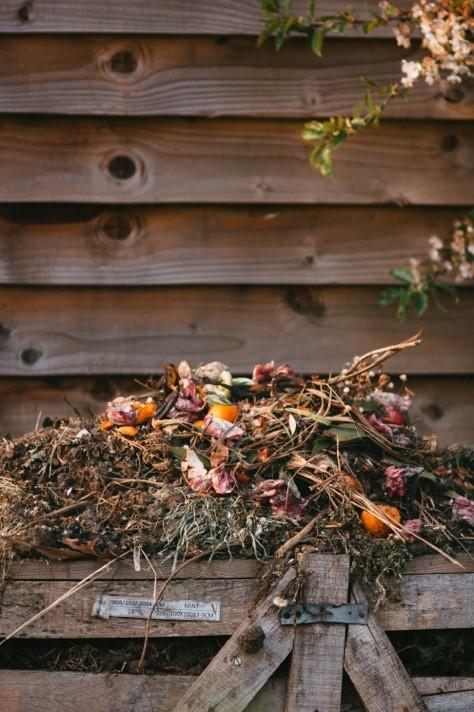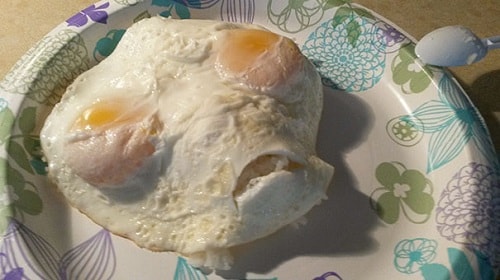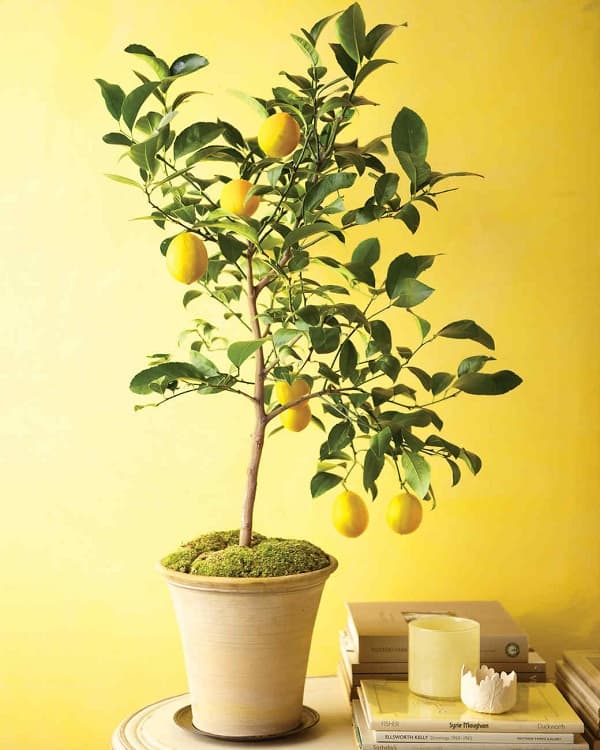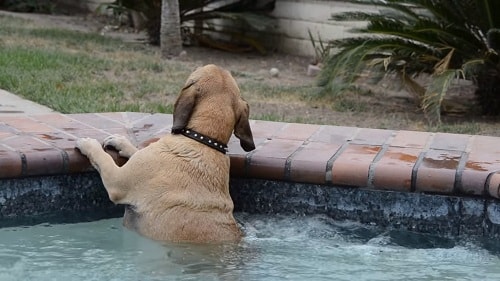The winter is far from a time to simply sweep your decking, abandon your garden and sit on your laurels until the spring and summer. Instead, it is the perfect time to prepare for these warmer planting seasons, by creating compost to use as fertiliser. In this article, we will guide you through how to get started when making your own compost as well as outlining the dos and do nots as to what you can add to your pile. Let’s take a look…
Compost Bins
Let’s start with the basics; to make compost, you first need a compost bin to act as a receptacle for your homemade fertiliser. These can be bought as either plastic or metal containers, or if you are feeling particularly inventive, you can make your own out of old timber.
The location of your compost is also incredibly important; make sure to keep your compost bin on top of gravel or stones helps to prevent any pests, such as rats or other rodents, from burrowing underneath your food waste.

Fallen Leaves
If you are a new gardener, you may be overwhelmed by the complications and realities that are involved with taking care of an outdoor space. Thankfully, during the autumn, you will be presented with free natural fertiliser by the sudden influx of fallen leaves.
Decomposing leaves, or leaf mould, can massively improve your soil to help grow. Either collect your leaves and store them away in a leaf bag to allow them to slowly break down over 6-12 months, or alternatively, sweep them into a pile or use a hand blower, and create a separate wooden structure to house them.
Food Waste
Whilst there may not be as much garden waste during the winter, there is likely to still be plenty of food waste you can add to a growing compost pile. Researching in detail what you can (and cannot) add to your compost can help improve the soil. Things like grass trimmings, fruit and vegetable peelings and teabags are perfect additions to your compost, as they decompose quickly and help to improve the nutrients to the soil. Additionally, eggshells, paper and cardboard can also be added, though these will be slower to break down.
However, there are plenty of items that should never be added to a healthy compost pile. Dairy products or meat cannot be added to the pile unless you have invested in an additional food waste digester. Without this appropriate piece of kit, all dairy and meat products will do is attract vermin and cause your garden to have an unpleasant smell.
To conclude, making winter compost in your garden is a fantastic, easy way to ensure your garden can grow to its full potential in the warmer seasons, as well as helping you to limit both your garden and food waste. The winter is the perfect time for you to get started; from simply raking and collecting up fallen leaves to make leaf mould, to building or even making your own compost bins, with matching signage. Knowing exactly what to place in your compost will ensure you have soil enriched in nutrients for your spring and summer planting.





